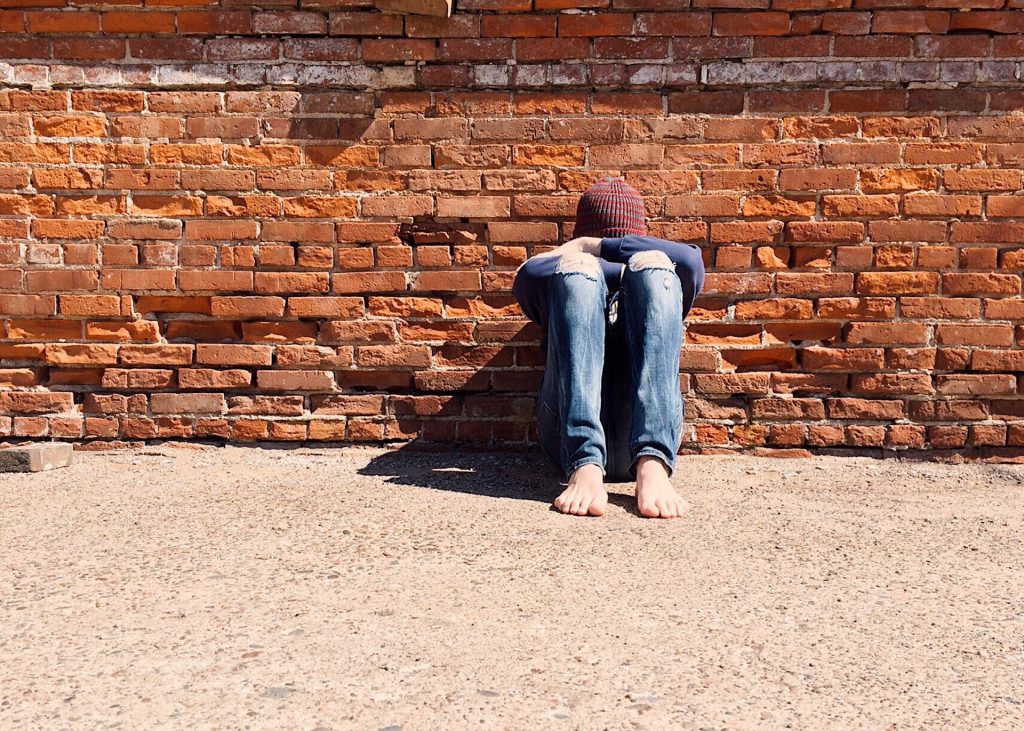It is widely established that health and emotional wellbeing influence cognitive development and learning (Public Health England, 2014); young people with good emotional wellbeing are more likely to experience positive personal development and have increased self-awareness, have the ability to manage feelings, have empathy for others, display good social skills and effectively engage in learning.
What is ‘wellbeing’?
Emotional wellbeing, or mental health, is about how we feel and think, as well as our ability to deal with the ups and downs of life.
If we have good emotional wellbeing we are able to:
- Feel good about ourselves
- Build and maintain good relationships with people
- Feel productive and contribute to society
- Cope with uncertainty
- Manage daily stresses
Emotional wellbeing can fluctuate depending upon life circumstances, and this is the same for young people. It’s normal to feel unhappy or angry if something bad happens, happy and excited when something good happens, or anxious if something is worrying us. Usually these times are short-lived and young people will get back to feeling themselves again.
What can have a negative impact on emotional wellbeing?
There are certain contributing factors which may mean a young person is more likely to struggle with their sense of wellbeing; however this does not always mean that they will be susceptible to mental health difficulties. These factors can include:
- Having a long-term physical illness
- Having a parent who has had mental health problems, problems with alcohol or has been in trouble with the law
- Experiencing the death of someone close to them
- Having parents who separate or divorce
- Having been bullied or physically and/or sexually abused
- Living in poverty or being homeless
- Experiencing discrimination, perhaps because of their race, sexuality or religion
- Acting as a carer for a relative, and taking on adult responsibilities
- Having long-standing educational difficulties
Other things that might contribute to poor mental wellbeing include:
- Not getting enough sleep
- Problems with family or friends, such as arguments or feeling left out
- Struggling with school work
- Exam stress
- Peer pressure
- Lack of self-confidence and self-esteem
- Loneliness
- Not getting enough exercise
- Not eating a balanced and healthy diet

How can you help?
The first step to supporting a young person with their wellbeing is to notice any changes in the person. Some things you might notice, which may be linked to a decline in a young person’s wellbeing are:
- A change in mood, such as increased sadness, withdrawal or mood swings (lasting at least two weeks or more)
- Intense feelings, such as an overwhelming fear for no obvious reason, which interferes with daily activities
- Changes to behaviour or personality, such as frequent fighting or wanting to harm others
- Difficulty concentrating, which may affect their school work
- Weight loss with no clear explanation, the use of laxatives or frequent vomiting
- Physical symptoms – compared with adults, children with a mental health condition might develop headaches and stomach aches, rather than experience sadness or anxiety
- Physical harm – sometimes a mental health condition leads to self-injury, also called self-harm. This is the act of deliberately harming your own body. Children with a mental health condition may also develop suicidal thoughts or attempt suicide
- Substance abuse – some children use drugs or alcohol to try to cope with their feelings.
What can you do?
- Learn about and look after your own mental health; ask for help – it’s hard to support others if you’re not feeling 100% yourself
- Talk about mental health, in a non-stigmatising way
- Promote and demonstrate good habits – sharing the ways that you look after your mental health will promote healthy habits within the young people you work with
If you are concerned about the wellbeing of a young person there are a number of different ways you can support them.
Listen and offer support – it may be helpful to take the young person to one side and ‘check-in’ to see if they are feeling okay. You aren’t expected to know all the answers or provide solutions, sometimes listening will be enough. They might have some solutions in mind that they think will help them.
It’s important to ask the young person who they feel comfortable sharing this information with, and/or explaining your concerns about them if you perceive them to be at risk, therefore you will need to pass this information on in order to keep them and others safe.
I need further support
If a young person’s emotional wellbeing is low for more than a few weeks and starts to impact upon their ability to manage day-to-day tasks, it is important that you speak to someone. Talk to the young person’s parents/carers about your concerns, with a view to speaking with a GP; they will be able to offer guidance about the next steps and a possible referral to specialist services.